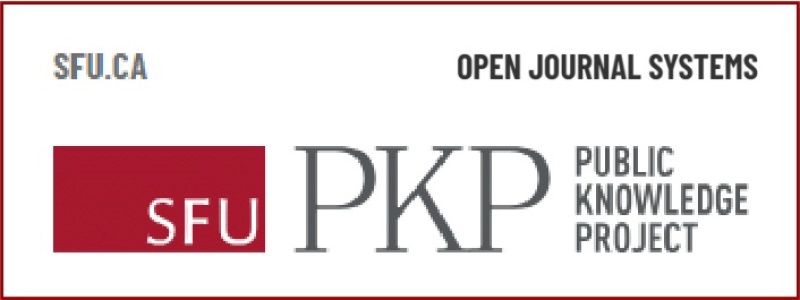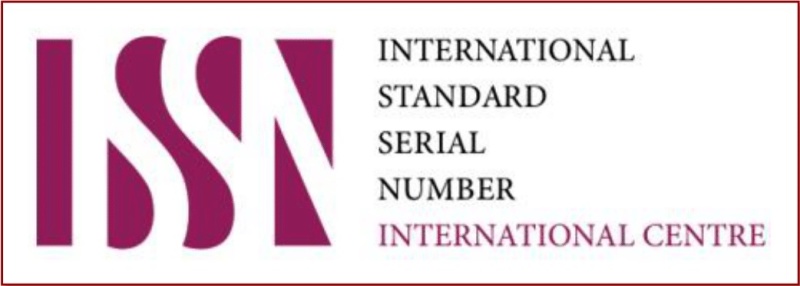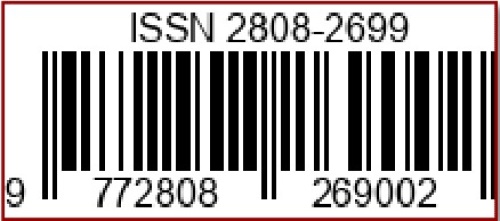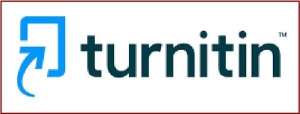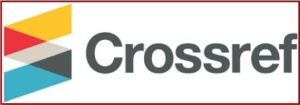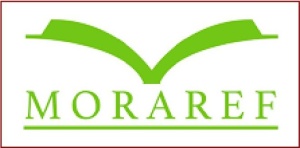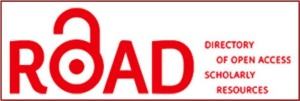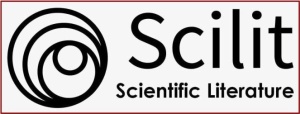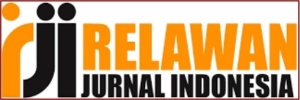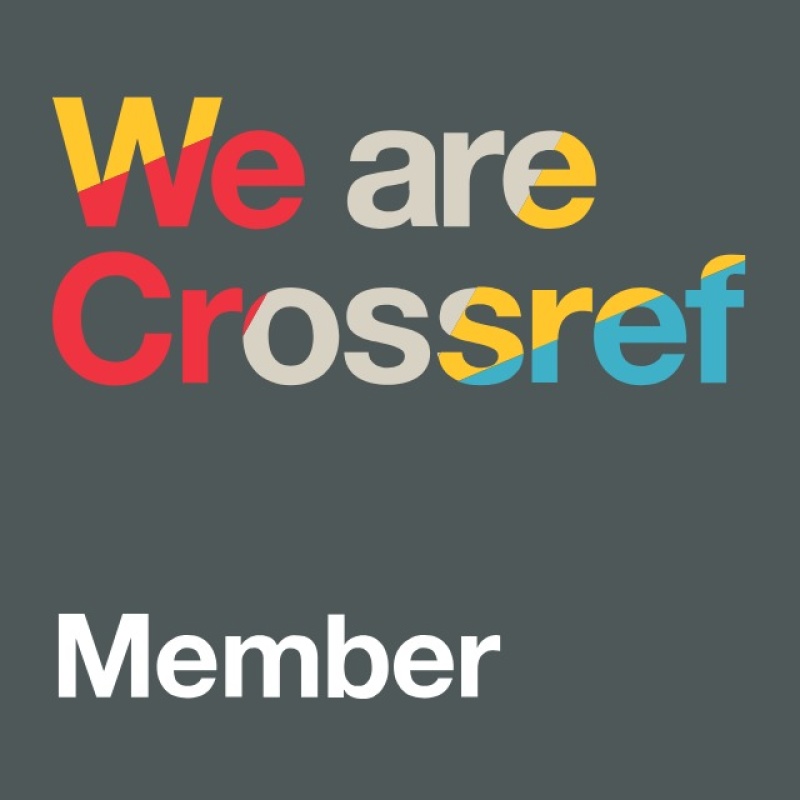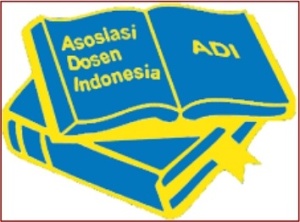Penerapan Gamifikasi untuk Meningkatkan Motivasi Belajar PAI di SMP 15 Kota Bengkulu
DOI:
https://doi.org/10.36312/educatoria.v5i3.576Keywords:
Gamification, Digital Generation, Learning Motivation, Islamic Religious EducationAbstract
This study aims to describe the implementation of gamification as an innovative strategy to increase motivation to learn Islamic Religious Education (PAI) at SMP Negeri 15 Bengkulu City in the even semester of the 2024/2025 academic year. This study used a descriptive qualitative approach with data collection techniques including observation, interviews, and documentation. The results indicate that PAI teachers successfully integrated gamification elements such as points, badges, leaderboards, and weekly challenges into their Lesson Plans (RPP). These elements were implemented through digital platforms such as Kahoot!, Quizizz, and ClassDojo, creating an interactive and collaborative learning environment. The implementation of gamification has been proven to increase students' intrinsic motivation through healthy competition, symbolic rewards, and a fun learning environment, while also being in line with the characteristics of the digital generation. However, obstacles remain, including limited infrastructure, unequal technological literacy, and inadequate assessment supervision. Therefore, support in the form of teacher training, provision of digital resources, and student mentoring is needed. These findings can serve as a reference for educators in designing more contextual and effective PAI learning in the digital era.
Downloads
References
Creswell, J. W. (2016). Research Design: Pendekatan Metode Kualitatif, Kuantitatif, dan Campuran (Edisi Keempat). Yogyakarta: Pustaka Pelajar.
Deci, E. L., & Ryan, R. M. (2017). Self-Determination Theory: Basic Psychological Needs in Motivation, Development, and Wellness. New York: Guilford Press.
Deterding, S. (2020). Gamification: Designing for Motivation. Cambridge: MIT Press.
Fauziyah, N. R., Fatah, M. F., & Mahmudah, R. (2025). Transformasi Pembelajaran dengan Gamifikasi Strategi untuk Meningkatkan Motivasi Belajar Siswa. Dar El Ilmi: Jurnal Keagamaan, Pendidikan dan Humaniora, 12(1), 15-25. https://doi.org/10.52166/darelilmi.v12i1.9367
Hamari, J., Koivisto, J., & Sarsa, H. (2014). Does Gamification Work? A Literature Review of Empirical Studies on Gamification. In Proceedings of the 47th Hawaii International Conference on System Sciences (pp. 1-10). Hawaii, United States of America: IEEE Computer Society.
Kasmayanti, K., Samsuri, T., & Safnowandi, S. (2023). Pengaruh Model Pembelajaran Team Games Turnament (TGT) dengan Menggunakan Media Flashcard terhadap Kemampuan Kognitif dan Motivasi Belajar Biologi Siswa Kelas VII. Panthera : Jurnal Ilmiah Pendidikan Sains dan Terapan, 3(2), 41-57. https://doi.org/10.36312/panthera.v3i2.159
Miles, M. B., Huberman, A. M., & Saldaña, J. (2018). Qualitative Data Analysis: A Methods Sourcebook (Edisi Ketiga). California: SAGE Publications.
Moleong, L. J. (2017). Metodologi Penelitian Kualitatif (Edisi Revisi). Bandung: PT. Remaja Rosdakarya.
Patton, M. Q. (2015). Qualitative Research & Evaluation Methods (Edisi Keempat). California: SAGE Publications.
Prensky, M. (2015). Teaching Digital Natives: Partnering for Real Learning. California: Corwin Press.
Sari, A. P., & Munir, M. (2024). Pemanfaatan Teknologi Digital dalam Inovasi Pembelajaran untuk Meningkatkan Efektivitas Kegiatan di Kelas. Teknologi Transformasi Digital (Digitech), 4(2), 977-983. https://doi.org/10.47709/digitech.v4i2.5127
Sugiyono, S. (2019). Metode Penelitian Pendidikan: Pendekatan Kuantitatif, Kualitatif, dan R&D. Bandung: CV. Alfabeta.
Werbach, K., & Hunter, D. (2021). For the Win: How Game Thinking Can Revolutionize Your Business. Philadelphia: Wharton School Press.
Zichermann, G., & Cunningham, C. (2020). Gamification by Design: Implementing Game Mechanics in Web and Mobile Apps. California: O'Reilly Media.
Downloads
Published
How to Cite
Issue
Section
License
Copyright (c) 2025 Diana Lorenza, Islamiah Istikharah, Novita Rahmayanti, Azi Wahyuda, & Muhammad Taufiqurrahman

This work is licensed under a Creative Commons Attribution-ShareAlike 4.0 International License.
-
Attribution — You must give appropriate credit, provide a link to the license, and indicate if changes were made. You may do so in any reasonable manner, but not in any way that suggests the licensor endorses you or your use.
-
ShareAlike — If you remix, transform, or build upon the material, you must distribute your contributions under the same license as the original.


